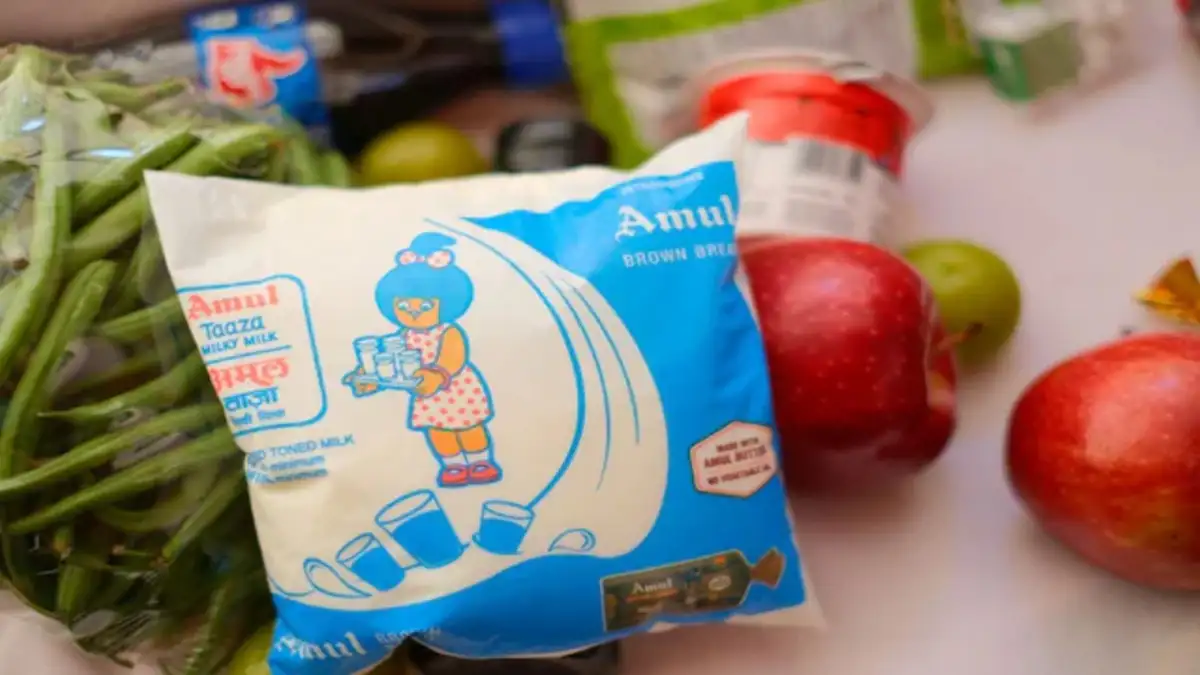The Gujarat Cooperative Milk Marketing Federation (GCMMF), the managing entity of Amul, has reduced the prices of its popular milk variants—Amul Gold, Amul Shakti, and Amul Fresh—by Re 1 per kilogram. GCMMF Managing Director Jayen Mehta announced that the new rates are effective immediately from January 24, 2025.
“Amul has reduced the price of milk by Re 1 in Amul Gold, Amul Taaza and Amul Tea Special 1 kg pack,” news agency ANI quoted Jayen Mehta, MD, Gujarat Cooperative Milk Marketing Federation, which runs Amul, as saying.
New prices effective immediately
The price cut applies to 1 kg packs of the mentioned milk variants. Consumers can now purchase Amul Gold, Amul Taaza, and Amul Tea Special at the revised rates, which are aimed at making milk more affordable.
| Milk variants | Old prices | New prices |
| Amul Gold (1 litre) | Rs 66 | Rs 65 |
| Amul Taaza (1 litre) | Rs 54 | Rs 53 |
| Amul Amul Tea Special (1 litre) | Rs 62 | Rs 61 |
Statement from Amul
According to Jayen Mehta, “This decision has been taken to benefit our consumers while maintaining the high quality of our products. The new pricing structure reflects our commitment to serving our customers better.”
Impact on consumers
The reduction in milk prices is expected to provide some relief amid rising costs of essential commodities. Amul, as one of India’s leading dairy brands, plays a significant role in the daily lives of millions across the country.
Amul’s cooperative model explained
Amul operates on a three-tier cooperative structure:
- Village Dairy Cooperative Societies: Farmers are members and directly contribute to milk production.
- District Milk Unions: Handle milk processing and oversee the functioning of cooperative societies.
- State Milk Federations: Market and distribute processed milk and products under the Amul brand.
This model empowers 3.6 million farmers across Gujarat, creating a self-sustaining system that reinvests profits back to its members.
How Amul collects millions of liters of Milk
In Gujarat, 18,600 village cooperatives gather milk from farmers daily. By 7 a.m., milk is collected at automated centers, where quality and fat content are measured. Farmers’ payments depend on these metrics, with funds directly transferred to their bank accounts.
Investment in farmers and technology
Amul supports farmers through various initiatives, including free training programs, subsidized machinery, and healthcare facilities for cattle. It imports state-of-the-art equipment to enhance productivity and ensure the welfare of both farmers and their livestock.





































